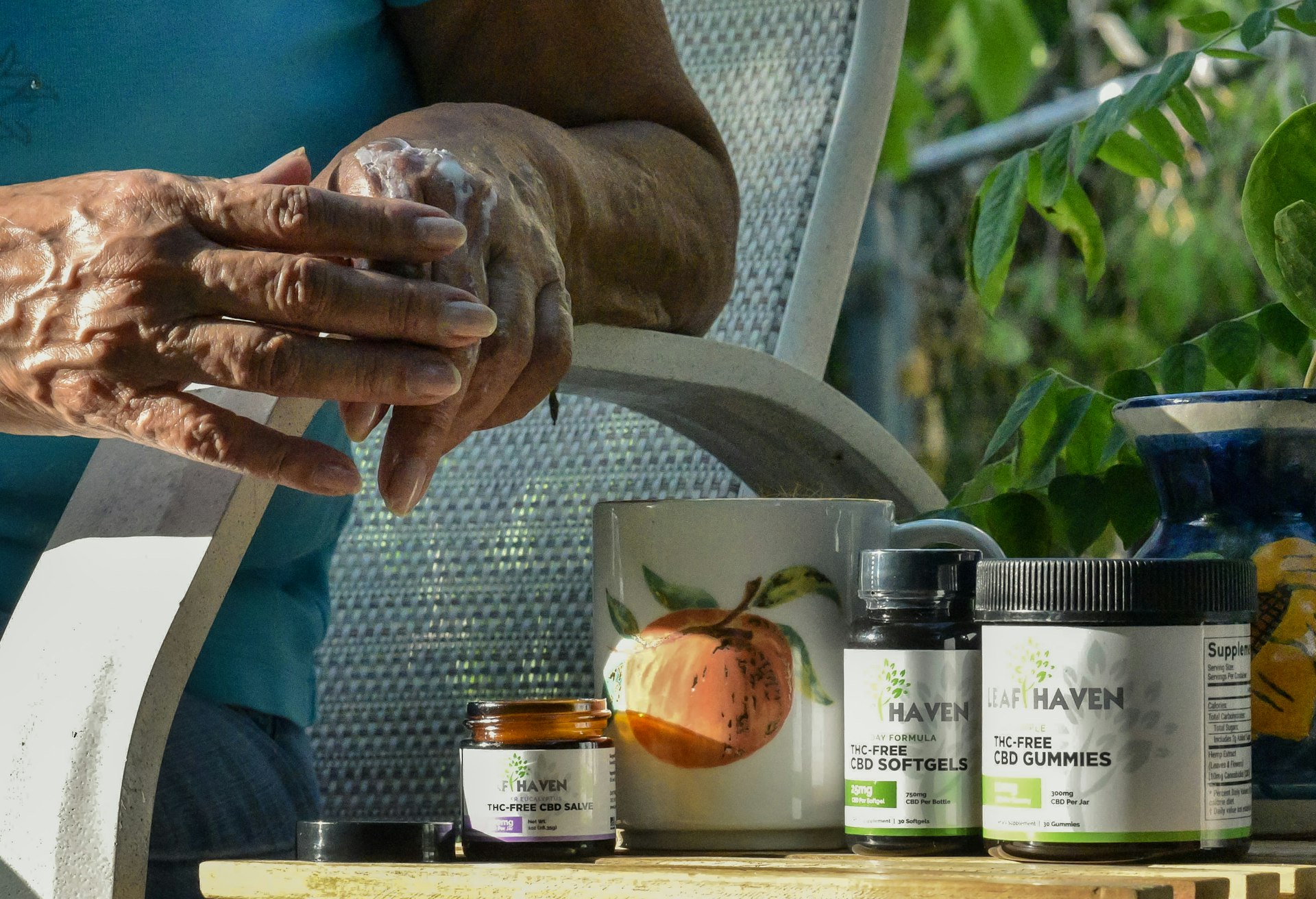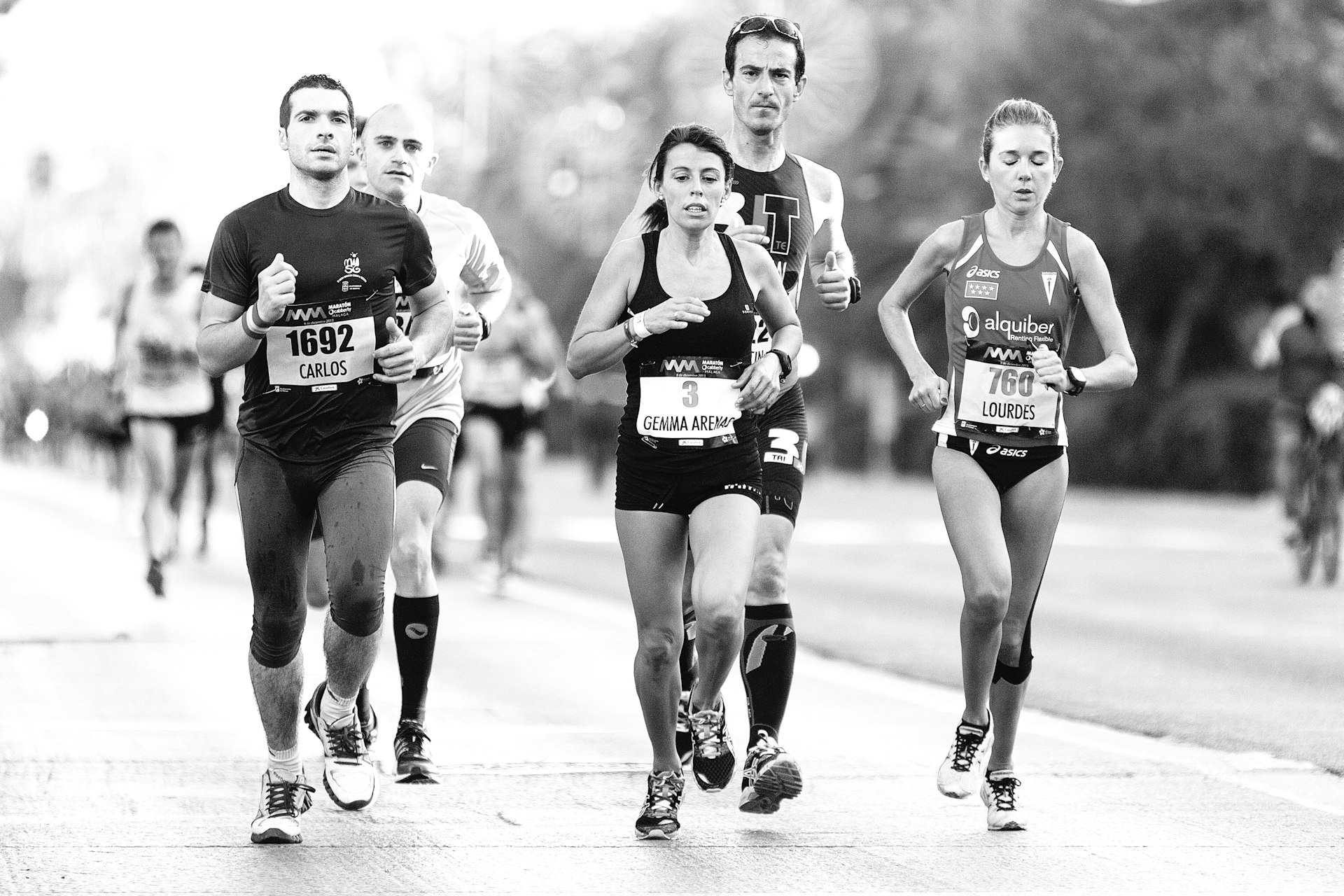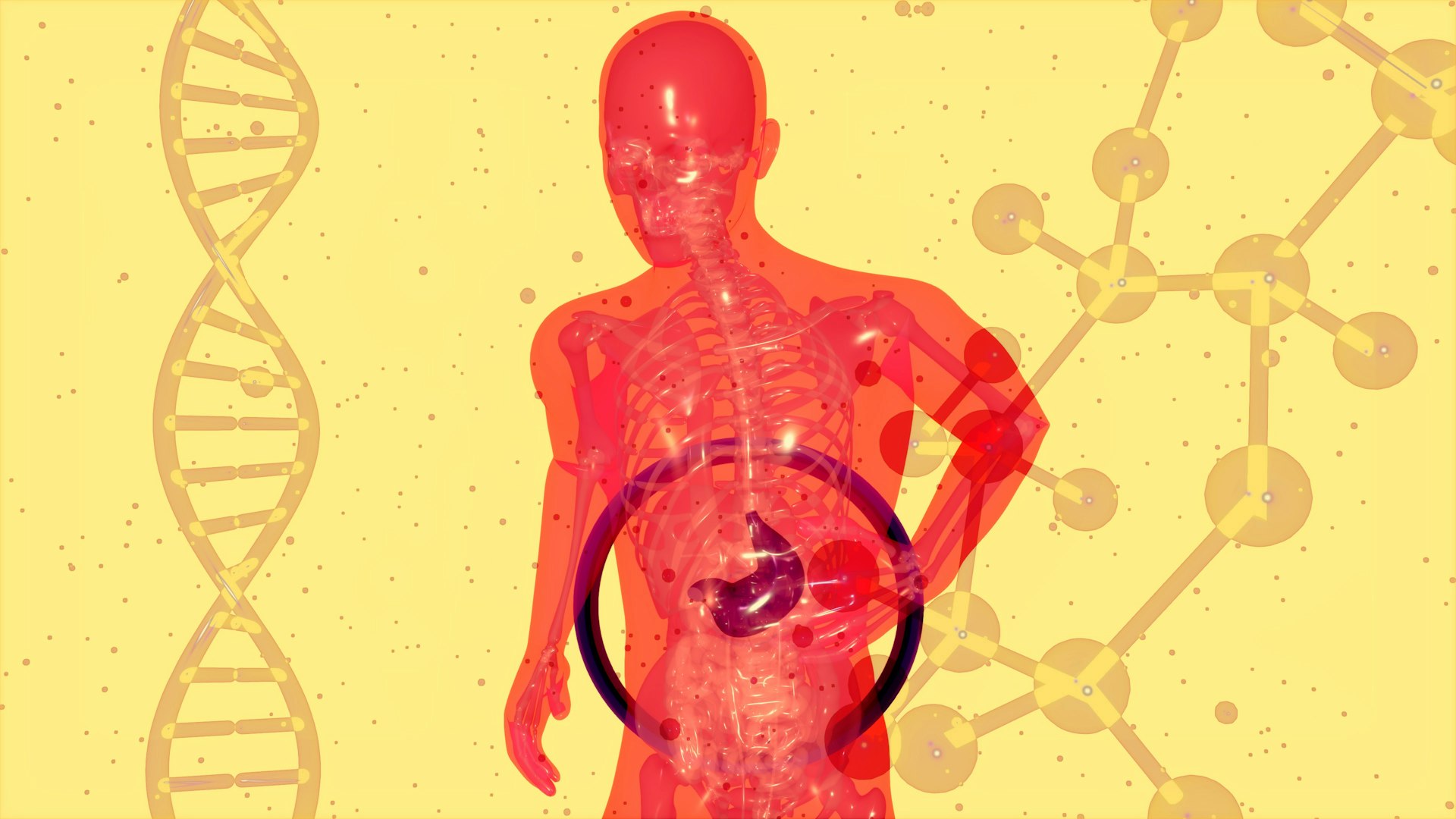Effective Alternative Therapies for Lasting Stress Reduction: Strategies, Benefits, and How to Access Support

Photo by outsidethccn dsgn on Unsplash
Introduction: Understanding the Need for Alternative Stress Reduction Therapies
In today’s demanding world, chronic stress is a common challenge that can impact both mental and physical health. While conventional treatments such as counseling and medication are effective for many, growing research and personal experience highlight the benefits of alternative therapies for stress reduction . These complementary approaches can offer new strategies for resilience, emotional balance, and holistic wellness. This article explores leading alternative therapies, backed by evidence and expert guidance, and provides actionable steps to help you access and utilize these resources.
Meditation and Mindfulness: Grounding Techniques for Daily Calm
Meditation and mindfulness are among the most widely researched alternative therapies for stress. These practices encourage present-moment awareness and non-judgmental acceptance of thoughts and feelings, which helps reduce anxiety and foster emotional resilience. Techniques such as guided meditation, breath awareness, and body scans can be done at home or in group settings. According to mental health experts, just ten minutes of daily meditation can significantly improve mood and clarity. A simple starting method is box breathing (inhale, hold, exhale, hold, each for four counts) which is accessible to beginners and can be used during stressful situations to regulate the nervous system [1] .
To get started, you can search for local meditation classes at community centers, libraries, or wellness studios. There are also numerous reputable meditation apps and online platforms. Consider searching for “evidence-based guided meditation” or “mindfulness for stress relief” to find resources. For those interested in learning from qualified professionals, you may also consult with licensed therapists who offer mindfulness-based stress reduction (MBSR) programs [2] .
Yoga, Tai Chi, and Qigong: Movement-Based Approaches
Yoga , Tai Chi , and Qigong are movement-based therapies that combine physical postures, breath control, and meditative techniques to promote relaxation and wellbeing. Evidence suggests that yoga, in particular, can help reduce depression and stress, while Tai Chi and Qigong are often used to enhance balance, focus, and calmness [2] .
To begin, you can look for yoga or Tai Chi classes at local gyms, community centers, or through certified instructors. When searching online, use terms like “beginner yoga for stress” or “community Tai Chi sessions.” Many organizations also offer virtual classes. For those with specific health needs or limited mobility, chair yoga or gentle forms of Tai Chi may be more suitable. Always consult with your healthcare provider before starting a new physical activity, especially if you have existing medical conditions [3] .
Massage Therapy and Acupressure: Physical Relaxation Techniques
Massage therapy and acupressure are hands-on approaches that aim to relieve muscle tension, reduce anxiety, and support overall relaxation. Some studies indicate that regular massage therapy may lower stress hormones and foster emotional wellbeing [3] .
To access these services, you may search for licensed massage therapists in your area through professional associations such as the American Massage Therapy Association. Acupressure can often be learned for self-care through workshops or instructional videos. When choosing a provider, verify credentials and ensure the practitioner is licensed and experienced. Many wellness centers and spas offer introductory sessions, and some insurance plans may cover part of the cost for massage therapy when prescribed for medical reasons.
Emotional Freedom Technique (EFT) and Acupoint Tapping
The Emotional Freedom Technique (EFT) , also known as acupoint tapping, involves tapping specific points on the body with your fingertips while focusing on a particular emotion or statement. Research has shown that EFT may effectively reduce anxiety, stress, and burnout, especially in high-pressure environments. For instance, a study of nurses found that a brief online session of group EFT significantly decreased perceived stress and anxiety [3] .
If you are interested in trying EFT, certified practitioners can be found through professional EFT associations. Alternatively, many reputable mental health organizations provide online tutorials and workshops. When searching, use phrases such as “certified EFT practitioner” or “evidence-based tapping therapy.” As with any therapy, individual results can vary, and more research is needed to confirm long-term effects.
Energy-Based and Spiritual Approaches: Reiki and Indigenous Healing
Energy healing methods, such as Reiki , are based on the belief that manipulating the body’s energy fields can promote healing and reduce stress. While more research is needed, some people find Reiki helpful for managing symptoms of anxiety, depression, and insomnia. Sessions typically involve a certified practitioner placing their hands on or near your body in a calming environment. Reiki is considered safe, with rare side effects [4] .
To find a qualified Reiki practitioner, search for licensed or certified providers in your area through established Reiki associations. For those interested in indigenous or spiritual healing practices, it is advisable to connect with local cultural organizations, spiritual leaders, or professional directories that respect traditional practices.
Pet Therapy and Animal-Assisted Interventions
Pet therapy , or animal-assisted interventions, utilize the bond between humans and animals to provide emotional comfort and reduce stress. Research indicates that interacting with pets can help distract from distressing thoughts, improve mood, and encourage physical activity. Many people report that pets provide companionship and unconditional support, which is especially valuable for those with limited social networks [4] .
If you do not have a pet, consider volunteering at a local animal shelter or looking into therapy animal programs in your community. Many hospitals, schools, and senior centers offer periodic animal-assisted therapy sessions. Search for “animal-assisted therapy programs near me” or contact local humane societies for more information.
Guided Imagery and Relaxation Techniques
Guided imagery and other relaxation techniques involve visualizing calming scenes or focusing on breath and muscle relaxation. Evidence suggests these methods can help manage anxiety, reduce tension, and promote restful sleep. Applications range from audio recordings to instructor-led sessions in wellness centers. These techniques are particularly valuable as adjuncts to other therapies and can be practiced at home with minimal equipment [2] .
To try guided imagery, search for reputable providers of mindfulness-based audio recordings or consult with a counselor trained in relaxation therapy. You can also find free resources from academic centers and public health organizations. Look for terms such as “stress reduction guided imagery” or “relaxation audio exercises.”

Photo by LUNA ACTIVE FITNESS on Unsplash
How to Access Alternative Therapies: Step-by-Step Guidance
Exploring alternative therapies can be empowering, but it’s important to take a thoughtful approach:
- Consult with your healthcare provider before starting any new therapy, especially if you have medical conditions or take medication.
- Identify your primary stress triggers and preferred coping styles to choose the most suitable therapy.
- Use reliable online directories to find certified practitioners. For yoga and meditation, community centers and wellness studios are common starting points. For massage therapy, verify credentials through professional organizations.
- If pursuing self-guided approaches, look for resources from university medical centers, government health agencies, and recognized wellness organizations.
- For financial assistance, inquire about sliding scale fees, community-based programs, or insurance coverage for select therapies.
- Monitor your progress and adjust your routine as needed. Combining different therapies, such as meditation with gentle yoga, may enhance results.
- If you encounter challenges, such as lack of motivation or difficulty accessing services, consider reaching out to local support groups or online communities for encouragement and advice.
Potential Challenges and Considerations
While alternative therapies for stress reduction are generally safe, it is important to be aware of certain challenges:
- Effectiveness varies : Not all therapies work equally for everyone. It may require experimentation to find the best fit.
- Quality and regulation : The level of training and certification for practitioners can vary. Always verify credentials and ask for references.
- Financial cost : Some therapies, such as massage or private yoga instruction, may be costly. Community resources and group sessions can be more affordable.
- Integration with conventional care : Alternative therapies should complement, not replace, evidence-based medical care, especially for significant mental health concerns.
Key Takeaways
Alternative therapies offer a variety of pathways to manage stress and improve quality of life. By exploring options such as meditation, yoga, massage, EFT, energy healing, and pet therapy, you can discover new tools for resilience and personal growth. For best results, combine these approaches with conventional care and seek support from qualified professionals. Remember, ongoing self-care and patience are essential as you find the strategies that work best for you.
References
MORE FROM weirdsearch.com













